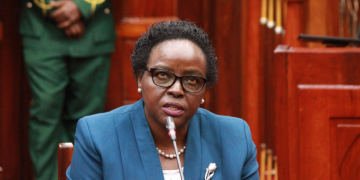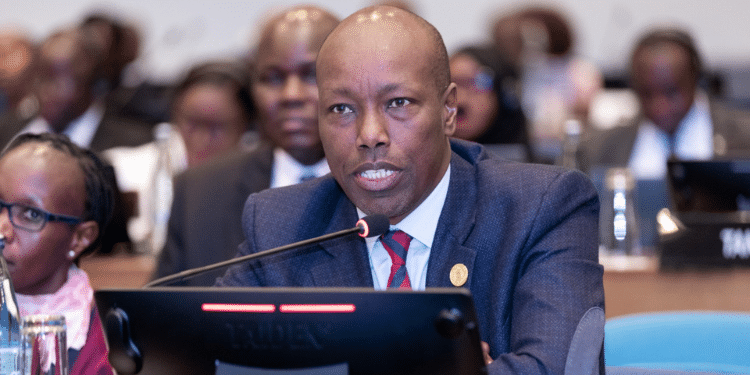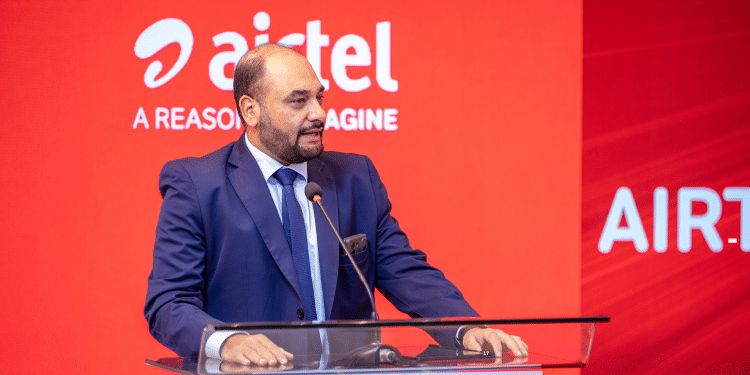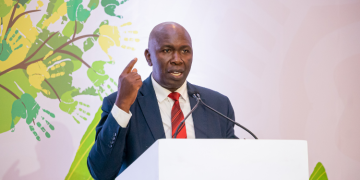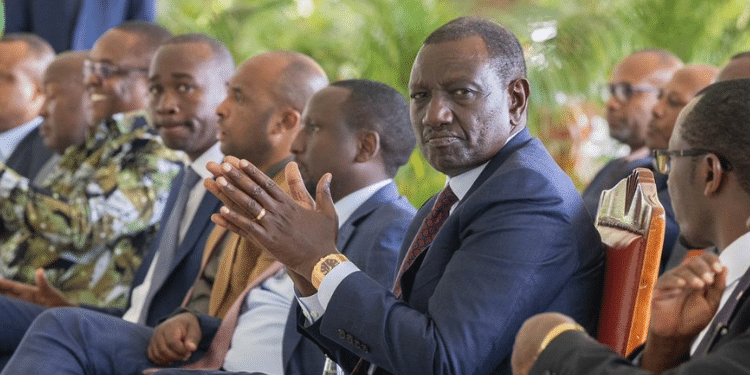Members of Parliament (MPs) passed the proposed Finance Bill 2023 on Wednesday, June 21 night.
President William Ruto’s proposed bill passed after a third reading by the National Assembly Finance and National Planning Committee chairman, Kuria Kimani.
As such, the finance bill will now move to the next stage which involves sending it to the head of state to assent, for the proposals to become law.
Passing of the Finance Bill 2023 means Kenyans will now have to pay more taxes to fund William Ruto’s first budget as Head of State.
Also Read: Mt. Kenya Region to Benefit More from the Finance Bill 2023 – DP Gachagua
Moreover, the MPs passed the bill amid a heated debate between the opposition party and the ruling party over its proposals.
The Finance Bill had 87 proposed amendments. Some were approved on Tuesday June, 20 as the National Assembly debated them deep into the night.
As such, some of the key proposals passed was the 16 per cent value-added tax on fuel, up from 8 per cent.
184 legislators largely from Kenya Kwanza supported the bill except Githunguri MP Gathoni Wamuchomba.
88 MPs largely from Azimio opposed the amendment.
Likewise, the controversial housing levy which was initially proposed at 3pc was passed after its amendment to 1.5pc of gross pay.
The housing levy was converted into a tax as opposed to the initial proposal that Kenyans would save and claim it after seven years.
In addition, digital creators will be taxed at 5pc as opposed to the initially proposed 15 per cent.
Betting and Insurance withholding tax will be charged at 12.5 per cent and 16 per cent.
Nevertheless, Kenyans have termed the Finance Bill 2023 as punitive. The opposition party claim the bill aims to milk dry, the pockets of already struggling citizens.
However, in retaliation, the government says taxing Kenyans is necessary to stabilize the economy which they had inherited in a bad state.
Furthermore, President Ruto insists that his administration will not rely on borrowing to fund government projects and pay salaries.




